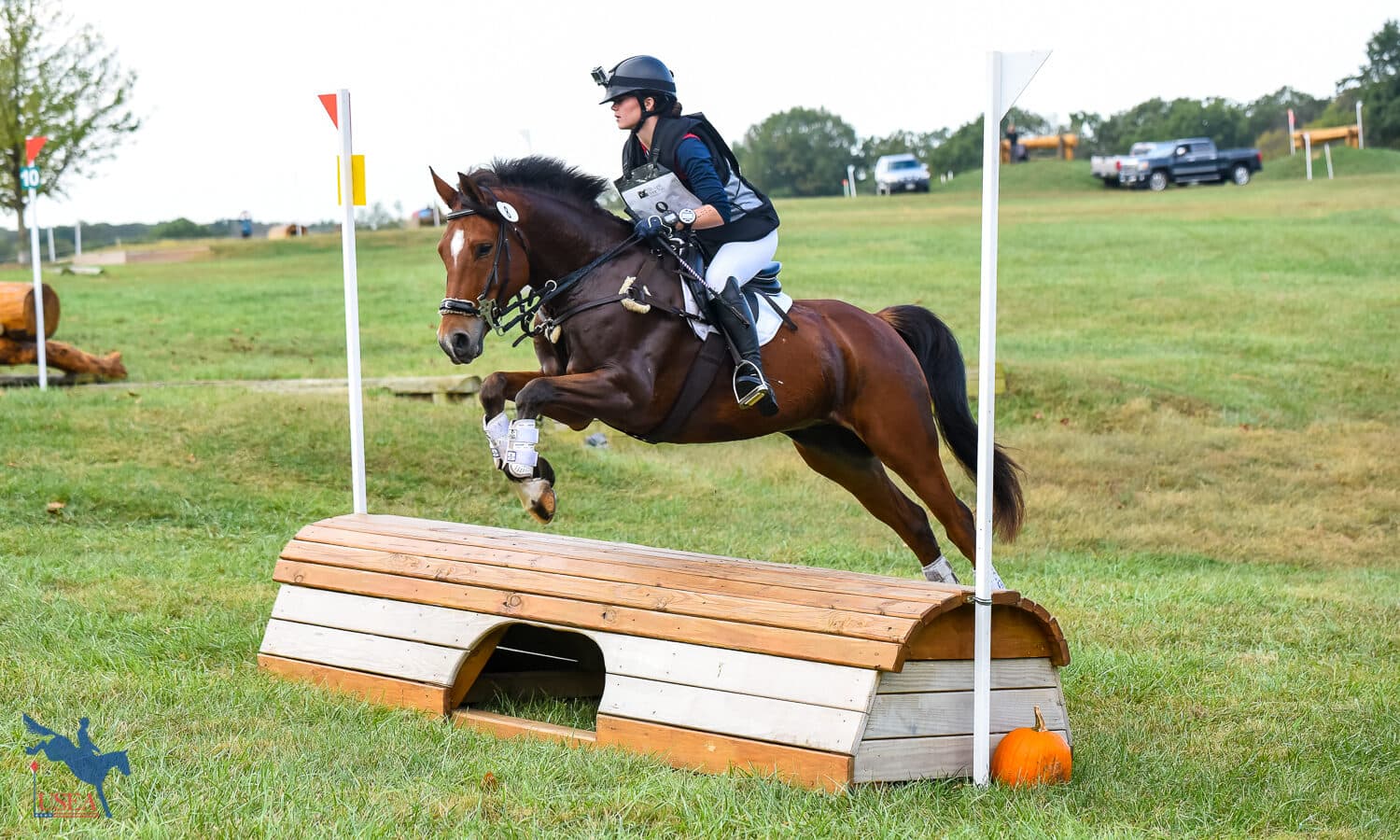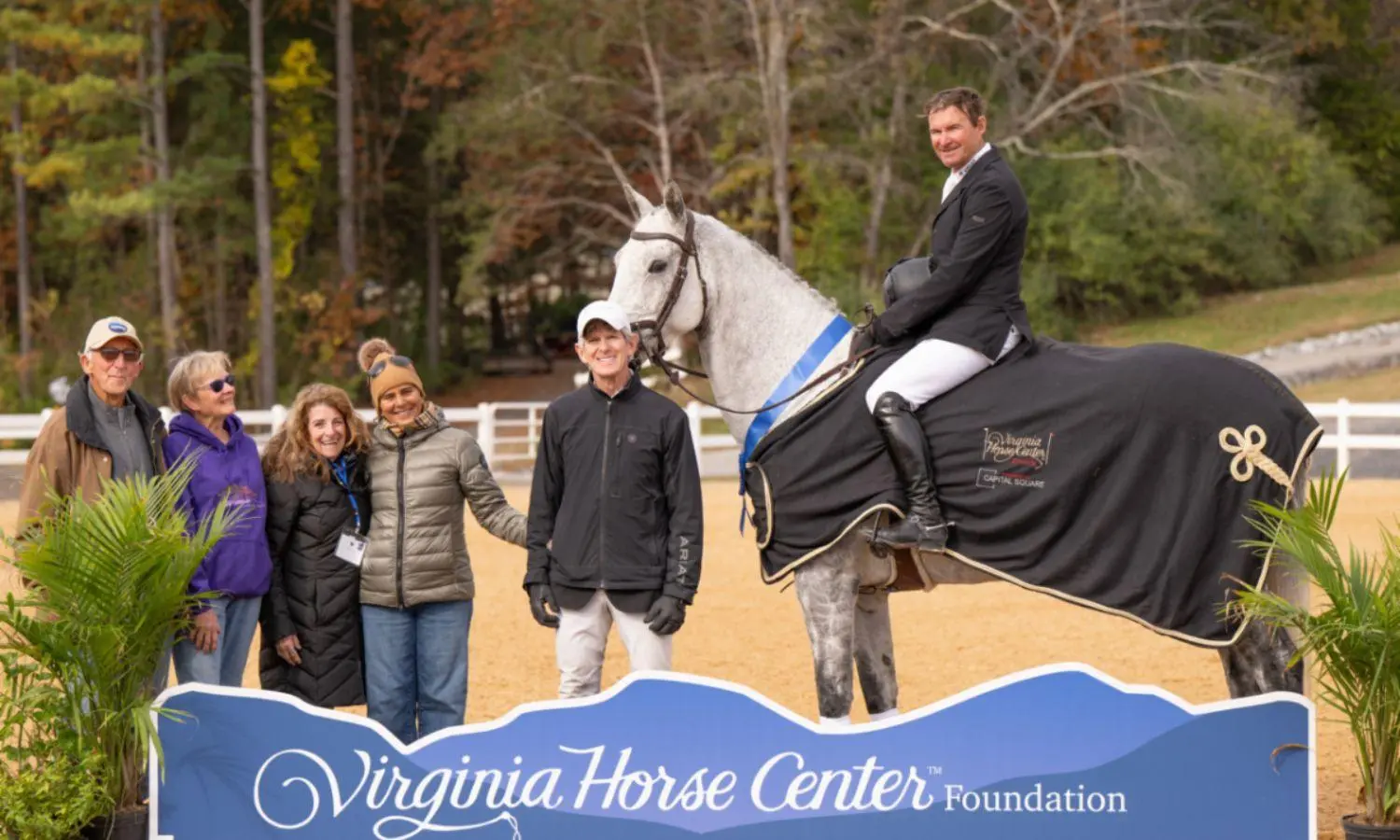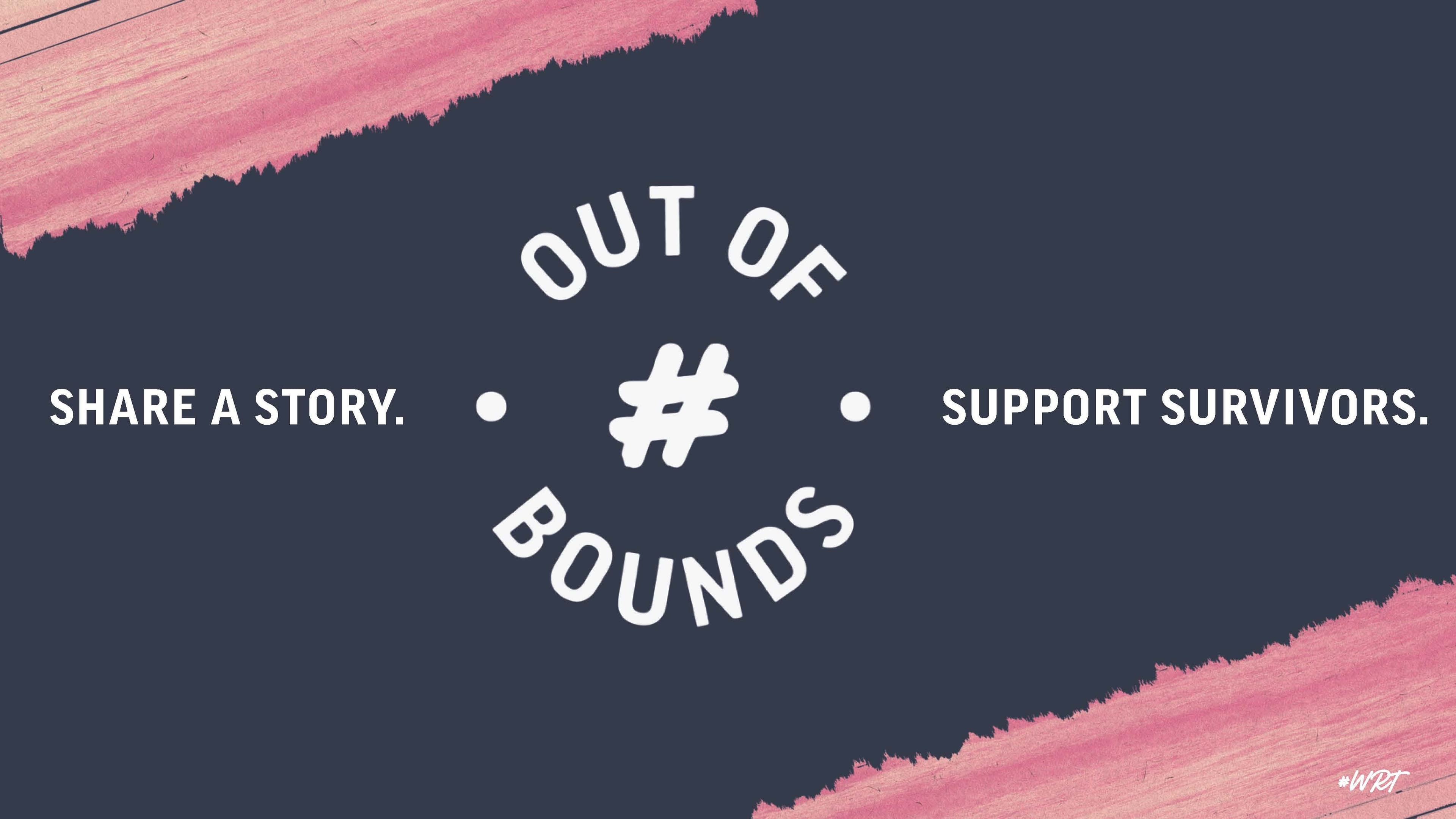Pressure Proof with Daniel Stewart: Pout, Park, and Progress

I’ve said this before and I’ll keep saying it because it’ll keep happening: sometimes you’ll do everything right but it’ll still go wrong! You’ll ride balanced, make your changes, see your distances, and clear all your fences, only to have your horse throw a shoe causing him to trip and spook at a butterfly causing you to fall! You did everything right but it still went wrong! As you already know, if you became an equestrian because you thought riding was an easy and predictable sport, you definitely thought wrong!
I suppose what I’m saying is that sometimes you’re just going to have to be okay not always being okay (and to remind yourself that perfect efforts won’t always equate to perfect outcomes). At the end of the day, you know that overcoming disappointments requires you to stay focused on your efforts, not the outcomes. After all, you can always control your efforts, but you can’t always control your outcomes (because horses just aren’t predictable like tennis racquets and skis!) Being okay with not always being okay is the key to always being okay, but sometimes it can be a real bummer! That’s where pout, park, and progress come in!
Pout: There’s no hiding the fact that it can be a bit frustrating when you’ve done everything right and it goes wrong, so the next time it happens allow yourself three seconds, three minutes, three hours, or three days to experience the upset (pout). Just remember that the smaller the disappointment, the shorter the time period. For example, take three seconds to pout after a schooling show loss, three minutes after a disappointing dressage score, or three hours after pulling the final rail that eliminated you from attaining a qualifying result and moving up to the next level (the three-day pout period is reserved for the loss of something much more meaningful to you - like your horse).
Park: Once you’ve finished your short pout you’ll need another trick to change your feelings from disappointment back to confidence. This is where parking comes in. Parking occurs when you stop dwelling on a past disappointment (parking the past) and move back to the present moment by giving yourself a command like, “Move on,” “Get back in the game,” or “We’ve got this.” These simple commands create a sort of transition between the past and present and function like an alarm that signifies the end of the pout phase.
Progress: Once you’ve pouted and parked (the past disappointment) you can now shift your attention to the final step (progress) by telling yourself what you learned from the disappointment and how it can help you improve in the future (i.e. what you can do to avoid the same thing happening again).
Here’s an example of how the pout, park, and progress model works after the disappointment of dropping your eyes and pulling the final rail of a schooling show.
- Pout by allowing yourself to feel bummed out for three seconds.
- Park the past by saying, “Move on,” at the end of your three seconds.
- Progress by telling yourself you’ll keep your eyes up next time.
This technique has a unique way of involving the past (pout), present (park), and future (progress) and works really well, but will require a little effort because your brain’s natural default when dealing with an injury is to simply wait for it to heal. For example, when you cut your finger it’s natural to just wait for it to heal, but emotional injuries are more powerful and debilitating so it’s important that you take action to speed up that healing, and you can do that by pouting, parking, and progressing.
I hope you enjoyed the month’s Pressure Proof Tip and that I’ll see you in one of my 13 spring or 44 summer clinics around the country this year! Feel free to email me at [email protected] if you’d like more information on how your group can host or join one of my clinics!














